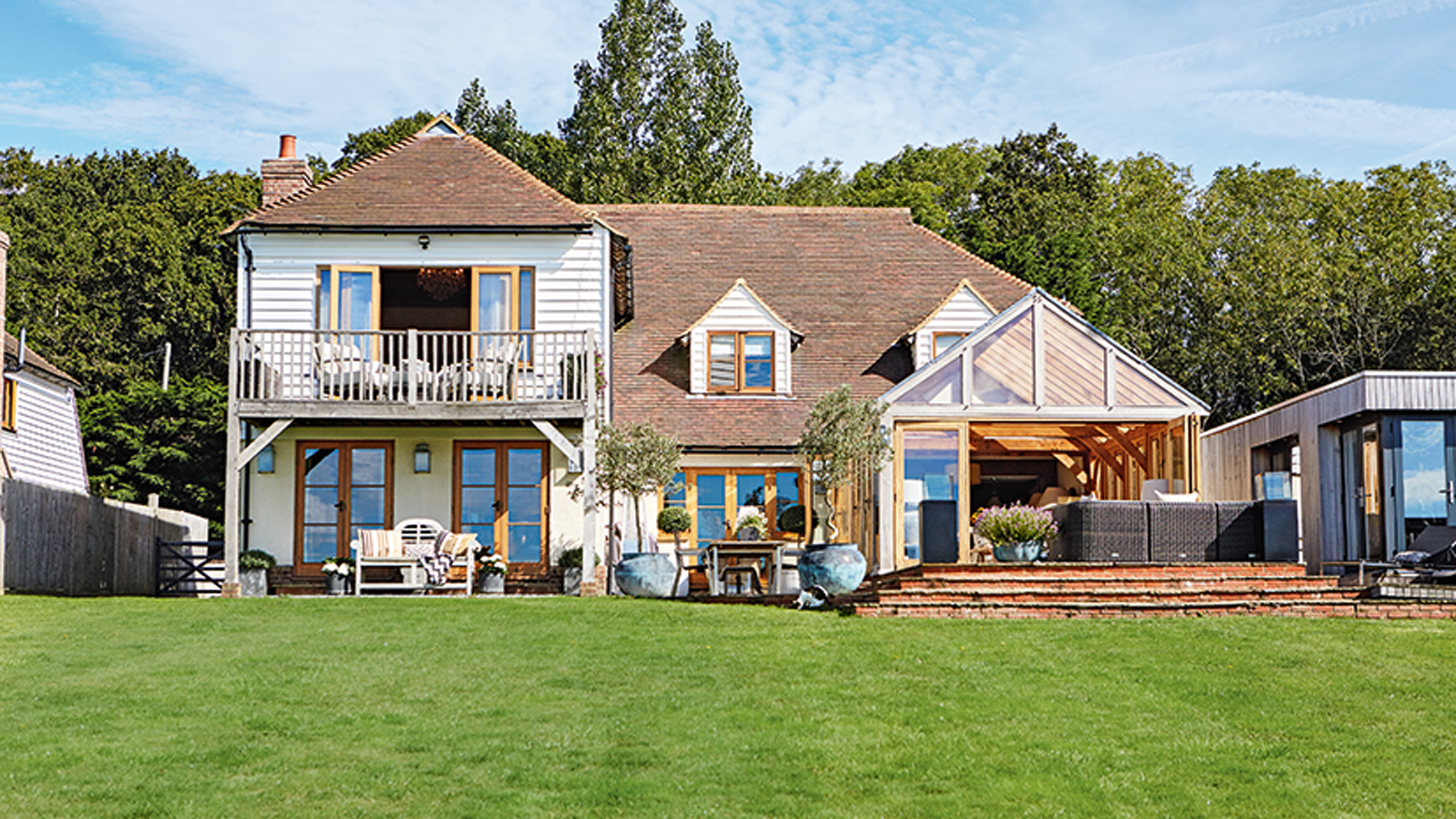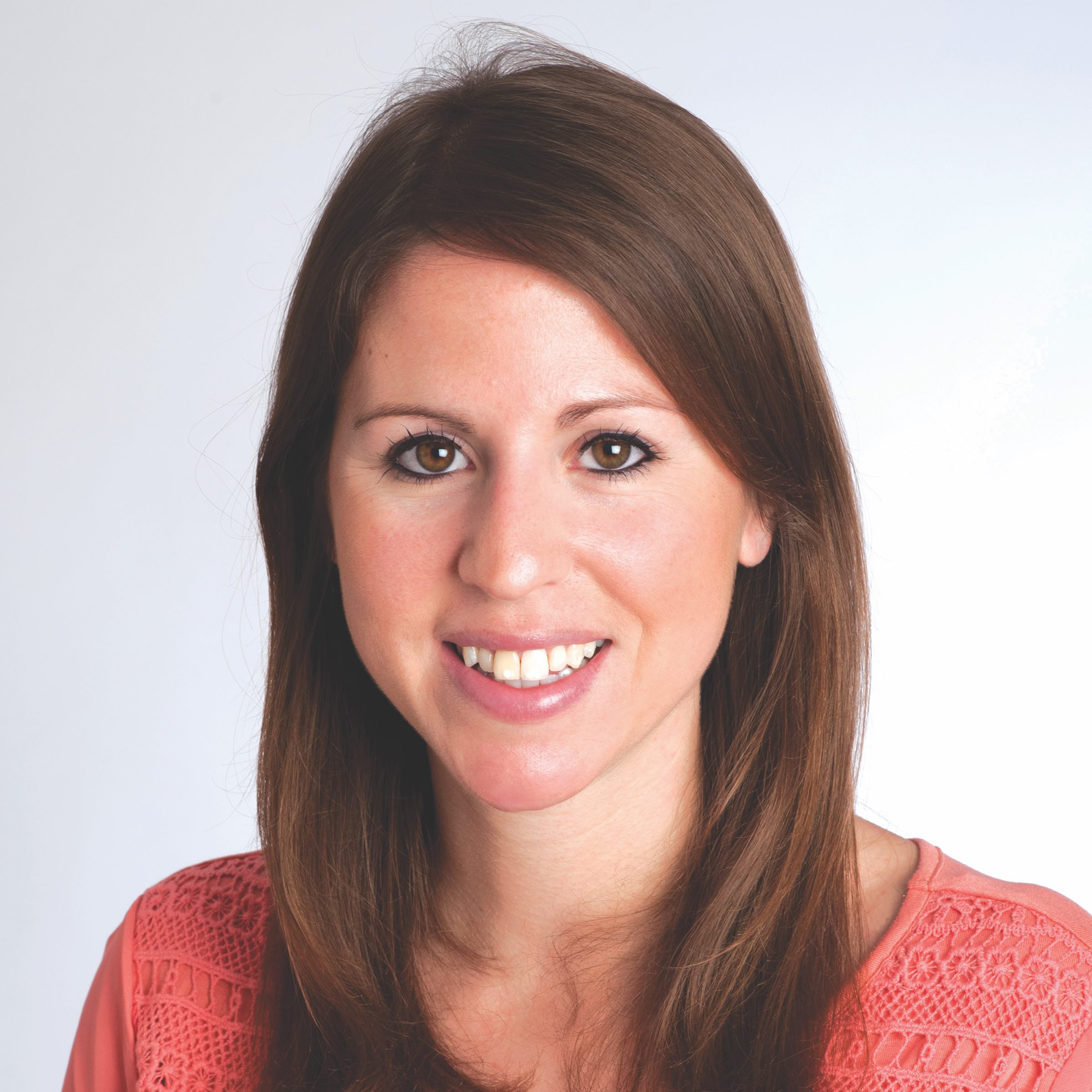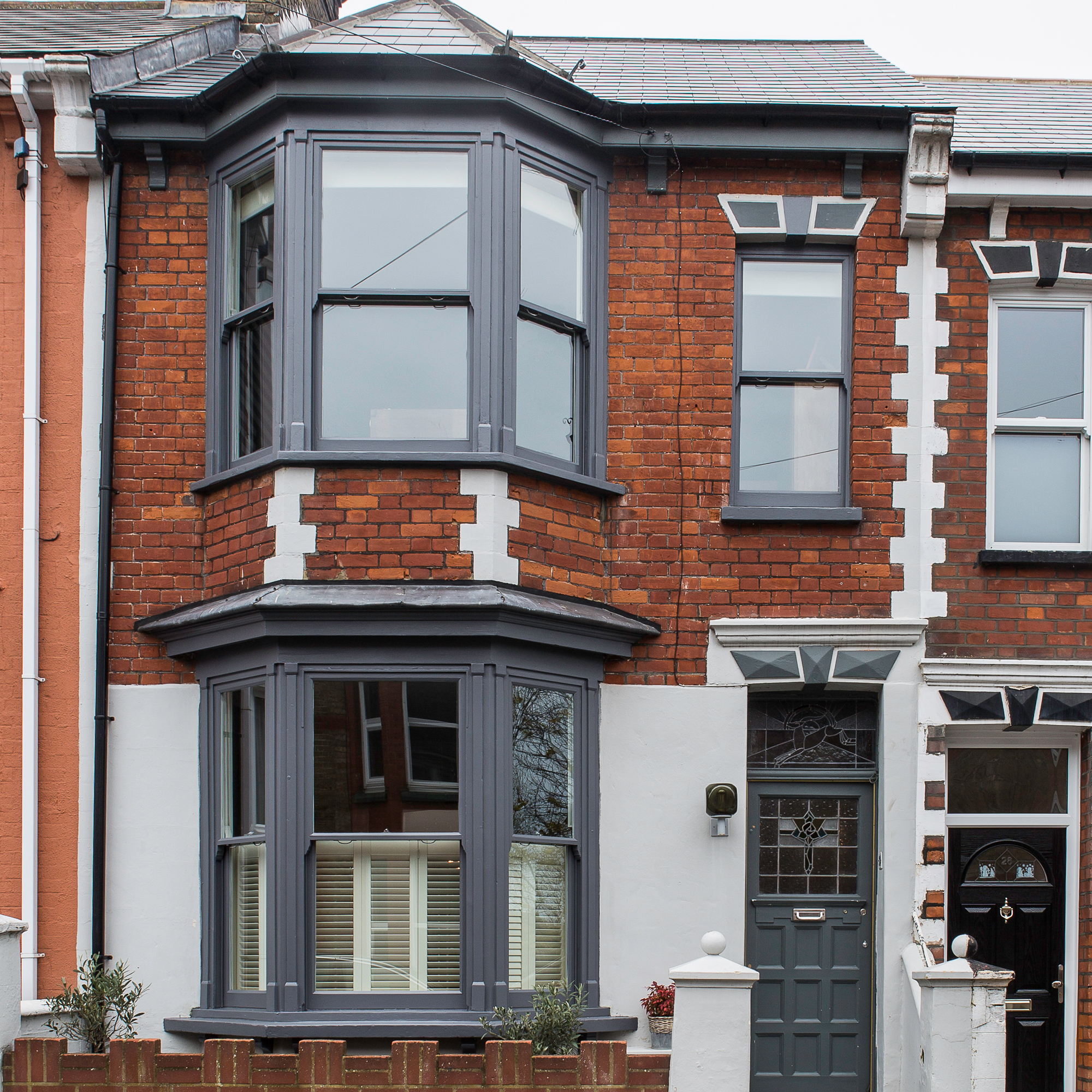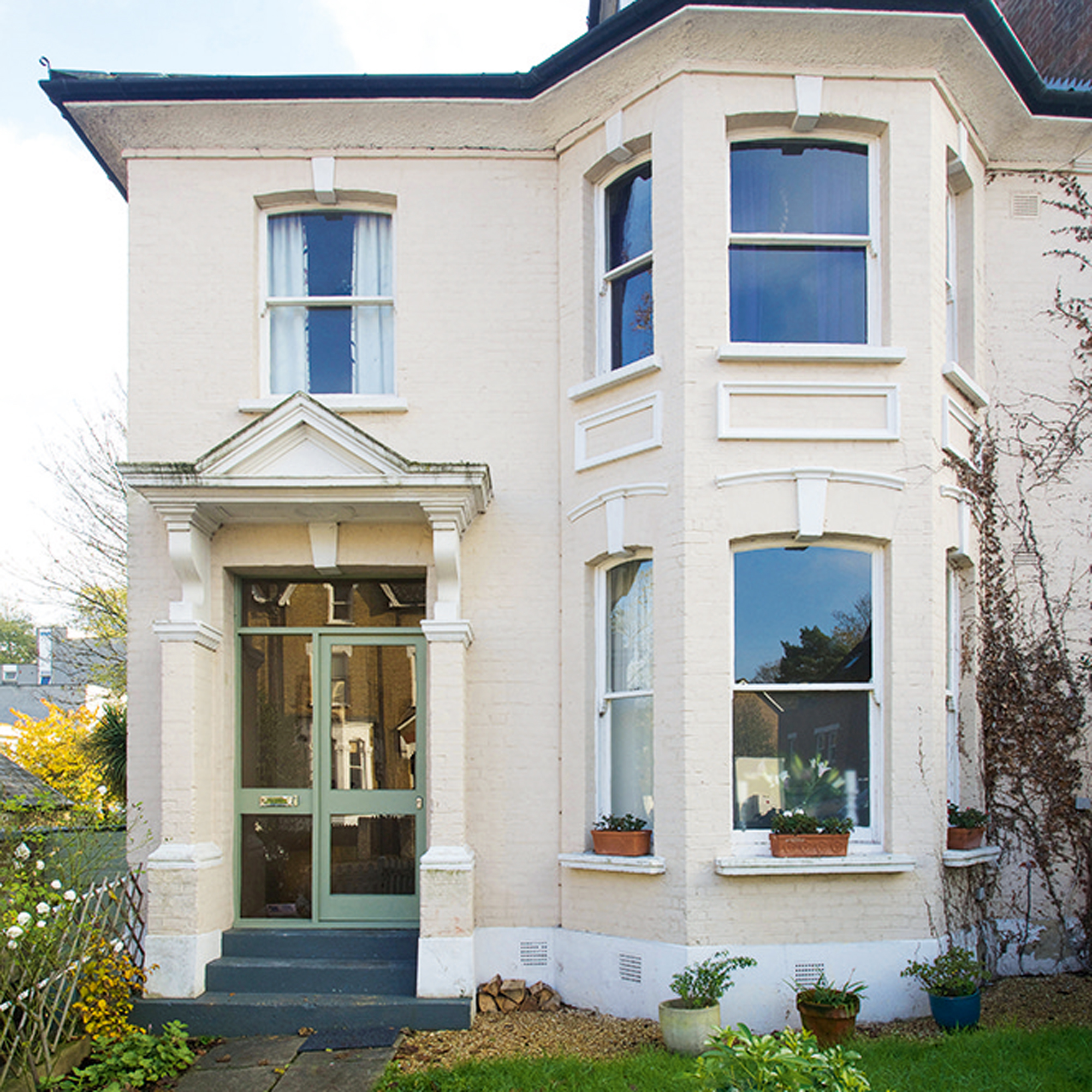How much does an EPC certificate cost?
How much does an EPC certificate cost? Find out how much to spend to have your home’s energy efficiency assessed


How much does an EPC certificate cost? The majority (77%) of UK house buyers say that the prospective energy consumption of their next home has become more important to them, according to recent research by property firm Savills. It's a clear sign that the rising cost of living is at the forefront of buyers’ minds and that achieving a good EPC rating is more important than ever if you’re planning on selling your property.
An Energy Performance Certificate (EPC) is a document which sets out the energy efficiency of a property using a traffic light rating system A to G, with A being the most efficient. The paper reveals how much it will cost to heat and power a home, and includes details on what energy-efficient improvements can be made to the building to improve its rating.
The certificate, which lasts for 10 years, became a legal requirement if you put your house on the market for rent or sale in England, Wales and Northern Ireland in 2008 and in Scotland, 2009. Any sellers or landlords who don’t have an EPC can be fined by your Local Authority Building Control and, as of 1 April 2020, landlords can no longer let or continue to let properties if they have an EPC rating below E, unless they have a valid exemption in place.
How much does an EPC certificate cost?

The assessment
There isn’t a set price for an EPC, but on average the cost is from around £40 for a full inspection which includes the printed certificate. 'Prices vary though, so it’s worth shopping around and getting quotes from different energy assessors to get the best deal,' says Jeff Djevdet at Speed Property Buyers.
The variations
The cost may be slightly higher if you have a particularly large house, but typically not by very much. Be aware that some estate agents may charge an admin fee for organising an EPC for your property. So, if you have the time available, you could save money by going directly to the energy assessors.
What is covered in the EPC rating cost?

The assessment
The assessor will walk around your property, looking specifically at your home’s windows, its age, size, construction, insulation, lighting, as well as its primary and secondary heating systems.
The certificate
You’ll receive a dated EPC document with a certificate number detailing your home’s current energy efficient rating. Alongside the result, there will also be a breakdown of the current performance for each element of your home.
Recommendations
The document will also list suggested measures to improve your EPC rating and property’s energy efficiency along with the potential score which could be achieved if those improvements are installed, an estimated cost for carrying out those changes and the monetary savings you could potentially make.
How long does an EPC test take?

It typically takes an assessor 30-40 minutes to complete an EPC test, sometimes longer if your home is larger than average. ‘It usually takes a few days to get your EPC results back and, in most cases, you should have your results within a week,’ advises Thomas Goodman at Myjobquote.co.uk.
Can you do an EPC yourself?
An EPC test needs to be undertaken by an accredited assessor. Visit www.gov.uk/get-new-energy-certificate to find a domestic energy assessor for homes in England, Wales and Northern Ireland. The process is slightly different in Scotland, visit www.scottishepcregister.org.uk for more details.
How often do I need a new EPC?

An EPC is valid for 10 years and can be used multiple times during this period. If you think your home has a valid certificate, you can search for it free of charge at www.gov.uk/find-energy-certificate. However, if you’ve made significant improvements to the energy efficiency of your home in that time, it may be worthwhile getting a new EPC if you’re planning on selling or renting your property to improve its rating as an EPC rating can affect mortgages and selling potential.
‘A poor EPC isn’t significantly affecting property values, especially at the higher end of the market, but it could hinder the saleability of properties in the low/mid-range of the market,’ says Charlie Hambly of John Bray Estates.
‘A good EPC rating will become more and more important and could potentially be used as a valuable marketing feature.’
Get the Ideal Home Newsletter
Sign up to our newsletter for style and decor inspiration, house makeovers, project advice and more.

Sophie Vening is a freelance journalist and editor with more than 16 years’ experience writing about homes and properties. She’s worked for some of the UK’s leading interiors, self-build and property titles including, Grand Designs, Ideal Home, House Beautiful, Build It, The Metro Homes & Property and The Evening Standard Homes & Property.
She enjoys writing about complex issues in an easy-to-understand way.
-
 Will a conservatory add value to your home and how can you maximise it?
Will a conservatory add value to your home and how can you maximise it?This is what the pros say
By Amy Reeves
-
 I’ve been looking for a new signature scent for my home and The White Company's new fragrance is the exact summer holiday smell I needed
I’ve been looking for a new signature scent for my home and The White Company's new fragrance is the exact summer holiday smell I neededSantorini smells fresh, summery and sophisticated
By Kezia Reynolds
-
 How to remove algae from garden walls in five steps – and the cleaning product experts rave about for tackling it fast
How to remove algae from garden walls in five steps – and the cleaning product experts rave about for tackling it fastExperts share their top tips for getting garden walls algae-free
By Katie Sims